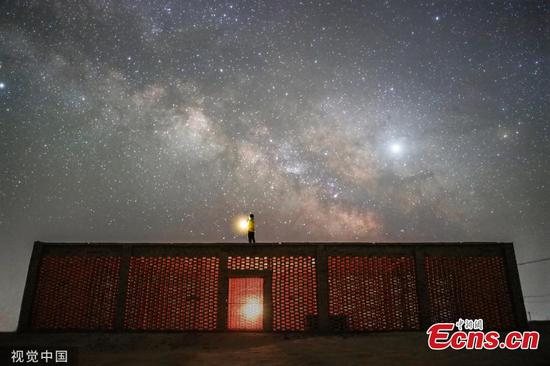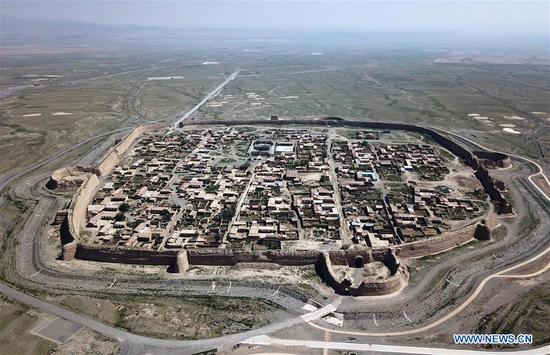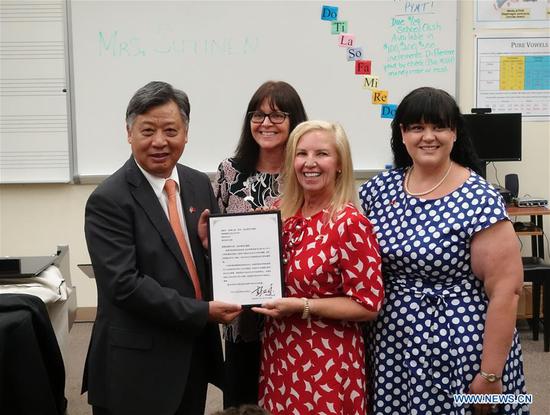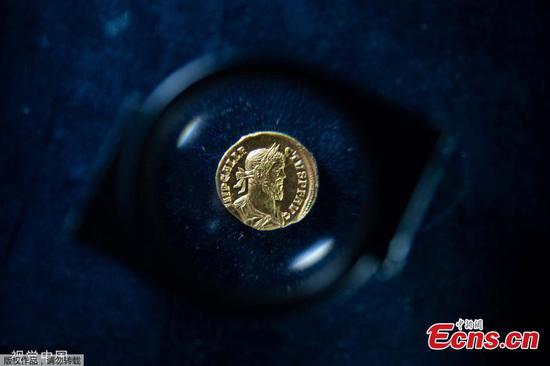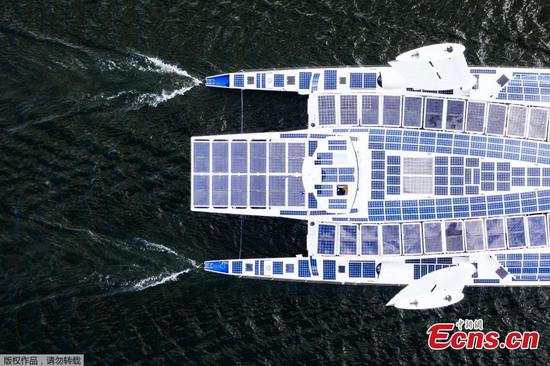In response to the United States' unilateral, protectionist trade practices, foreign experts said that the development of international relations needs to follow the basic principles of mutual respect, equality and mutual benefit. Starting a trade war with others will ultimately hurt the U.S., the experts said.
"There is no winner in a trade war," said Koryun Achoyan, chief adviser of the Peace Committee of Armenia.
Achoyan said that as China and the U.S. are the world's two largest economies, trade conflicts between them are bound to have a profound impact on the world economy.
"The economic development of many countries is highly dependent on China and the U.S.. At a time when global economic growth is still sluggish, a trade war initiated by the U.S. could undoubtedly damage and seriously disrupt world economic governance," he said.
"Washington always emphasizes the priority of its own interest, the 'America first' policy, while China advocates equality, mutual benefit and win-win cooperation, and promotes unimpeded trade and an open world economy through joint efforts of the Belt and Road Initiative," Achoyan said.
Taking his own country as an example, Achoyan said Armenia is now undergoing an economic revolution. "The country needs to participate in global economic initiatives, and the BRI is one of the largest."
"Within the initiative, Armenia and China can enlarge cooperation in many fields, for example, agriculture, commodity trade, air transportation and building free trade zones," he said.
Achoyan said he was deeply impressed by China's support for free trade and the multilateral trading system.
"From an economic perspective, Washington's argument that tariff hikes bring benefits is nothing but false," said Omar Latif, a member of the Canadian Peace Congress.
As China and the U.S. account for around 40 percent of the world economy, Latif said that a trade war would solve no problems. On the contrary, it will lead to losses on both sides and have an impact on the world economy and economic globalization.
Meanwhile, in response to the U.S. government's ban on Chinese tech company Huawei in the name of "national security concerns", Latif said the move is "wrong and regretful".
"Huawei is one of the world's leading companies and its success is a reflection of China's 40 years of reform and opening-up. The U.S. move seems to allow protectionism to flourish under the guise of 'national security' and has attempted to politicize corporate interactions," Latif said.
"Starting a trade war will only backfire for the U.S. itself, and eventually harm the interests of its own businesses and people," he said.


















